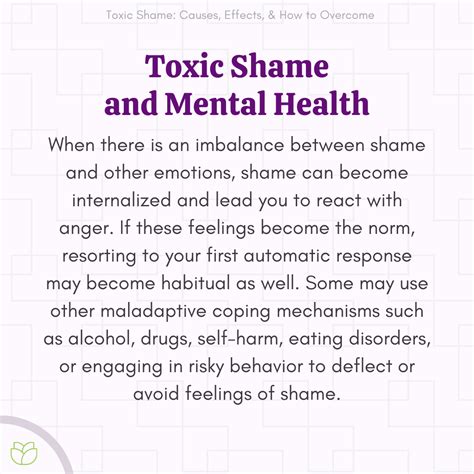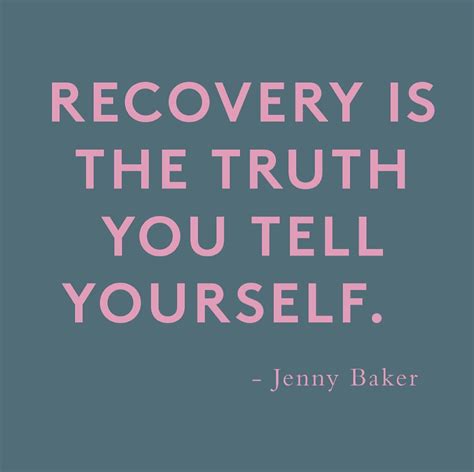Emotions play a vital role in our lives, shaping our experiences, relationships, and overall well-being. Among the vast array of emotions, shame is one of the most complex and often debilitating. Shame can be a crushing weight, affecting individuals in profound ways, from damaging self-esteem to hindering personal growth. Understanding shame is essential to recognizing its impact and developing strategies to cope with its emotional weight.
Defining Shame and its Distinction from Guilt

Shame and guilt are two closely related yet distinct emotions. Guilt is often characterized as a feeling of regret or remorse for a specific action or behavior. In contrast, shame is a more pervasive emotion, encompassing feelings of inadequacy, low self-worth, and self-loathing. Shame is not just about what one has done, but about who one is.
The Origins of Shame
Shame can originate from various sources, including cultural norms, societal expectations, and personal experiences. For instance, cultural norms around body image, beauty standards, or gender roles can evoke feelings of shame in individuals who do not conform to these expectations. Similarly, past traumas, abuse, or neglect can instill deep-seated shame, affecting an individual's self-perception and relationships.
The Effects of Shame on Mental Health

Shame can have severe consequences on mental health, including:
- Anxiety and Depression: Shame can contribute to the development of anxiety and depression by fostering negative self-talk, self-blame, and social withdrawal.
- Low Self-Esteem: Shame can erode self-esteem, making individuals more vulnerable to self-doubt, criticism, and feelings of inadequacy.
- Relationship Difficulties: Shame can strain relationships by creating feelings of guilt, resentment, and anger, ultimately leading to social isolation.
Coping Mechanisms and Strategies for Overcoming Shame
Fortunately, there are ways to cope with shame and work towards healing and recovery. Some effective strategies include:
- Self-Compassion: Practicing self-compassion, acknowledging one's imperfections, and treating oneself with kindness can help alleviate shame.
- Mindfulness: Mindfulness techniques, such as meditation and deep breathing, can help individuals become more aware of their thoughts and emotions, allowing them to better manage shame.
- Seeking Support: Sharing experiences and emotions with trusted friends, family, or mental health professionals can provide a sense of validation and support, helping individuals overcome shame.
Recovery and Healing from Shame

Recovery from shame is a journey that requires patience, understanding, and support. By acknowledging the sources of shame, developing coping mechanisms, and seeking support, individuals can work towards healing and recovery. It is essential to remember that shame is not a reflection of one's worth as a person, and that it is possible to overcome its emotional weight.
Conclusion and Next Steps
Shame is a complex emotion that can have profound effects on mental health and well-being. By understanding the origins of shame, its effects on mental health, and developing strategies for coping and recovery, individuals can work towards healing and growth. If you or someone you know is struggling with shame, consider seeking support from mental health professionals or support groups. Remember, overcoming shame is a journey, and it is possible to find liberation from its emotional weight.






What is the difference between shame and guilt?
+Shame is a more pervasive emotion that encompasses feelings of inadequacy, low self-worth, and self-loathing, whereas guilt is a feeling of regret or remorse for a specific action or behavior.
How can I overcome shame?
+Overcoming shame requires a combination of self-compassion, mindfulness, and seeking support from trusted individuals or mental health professionals.
What are the effects of shame on mental health?
+Shame can contribute to anxiety, depression, low self-esteem, and relationship difficulties.
